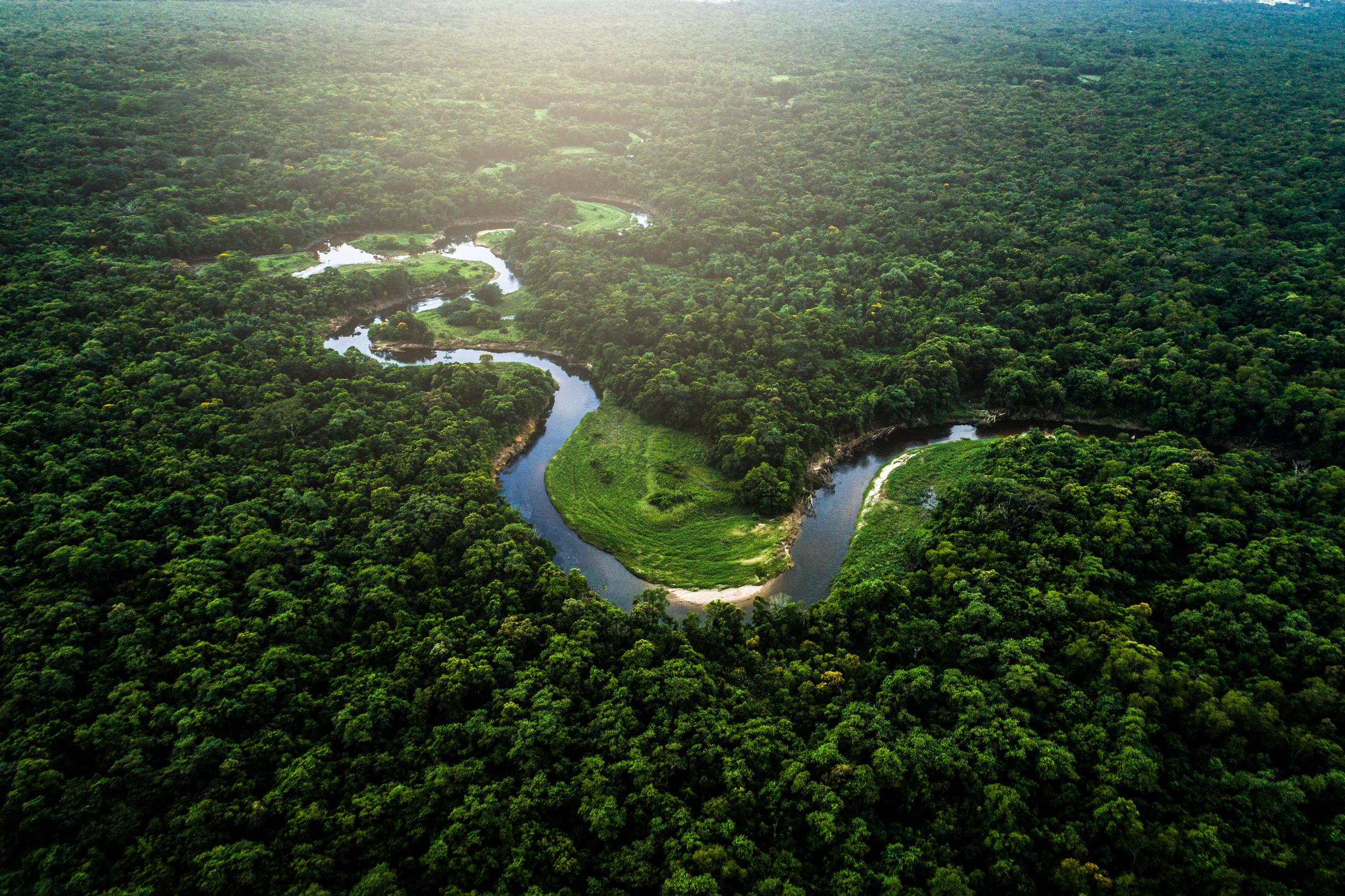By Kiley Price
January 24, 2020
Expert: To restore Earth’s forests, ‘help nature run its course’
3 min

By Kiley Price
January 24, 2020
3 min
Ravaged by farming and logging, Brazil’s Atlantic Forest stands at only 25 percent of its original extent — once a quarter of the size of the Amazon.
Over the past two decades, however, the forest has slowly started to return — with nearly 3 million hectares (7.4 million acres) of its area restored.
How did Brazil accomplish this — and how could other countries follow suit?
The answer may surprise you, explained Conservation International restoration expert Nikola Alexandre in a recent article for news outlet Al Jazeera: Brazil didn’t spend billions to plant trees or employ cutting-edge technologies.
Instead, they left the forest alone.
The process of allowing trees to grow without disturbance by human activity is known as “assisted natural regeneration.” As Alexandre pointed out in the article, it’s one of the most cost-effective — and just plain effective — ways to restore forests to the planet’s degraded lands and “help nature run its course.”
“The premise of assisted natural regeneration is that the most economical way to restore and protect forests is to acknowledge nature’s resilience, remove barriers to natural regeneration and — where necessary — accelerate it.”
According to Alexandre, assisted natural regeneration can be accomplished in number of ways — ranging from preventing forest fires to dispersing seed mixes in degraded areas that are close to intact forests, in an effort to “naturally” expand existing forests.
This method is only one piece of the puzzle in the restoration of Earth’s ecosystems — planting trees is also critical. But assisted natural regeneration should make up the bulk of restoration strategies, Alexandre argues, not least because the approach is 70 percent cheaper than planting new trees.
“Let us be clear: Assisted natural regeneration is not the only way forward. We still need to plant new trees where it is necessary, and in ways that respect local ecology and local cultures,” said Alexandre.
“But if we can see to all of the above, Mother Nature will have a much easier time doing what she does best — naturally.”
Further reading:
Nikola Alexandre is a restoration fellow at Conservation International. Kiley Price is a staff writer at Conservation International. Want to read more stories like this? Sign up for email updates. Also, please consider supporting our critical work.
Join our community
Hear from scientists and changemakers, step into stories of experts in the field, and come closer to the awe-inspiring power of nature. By subscribing, you agree to our terms of use.